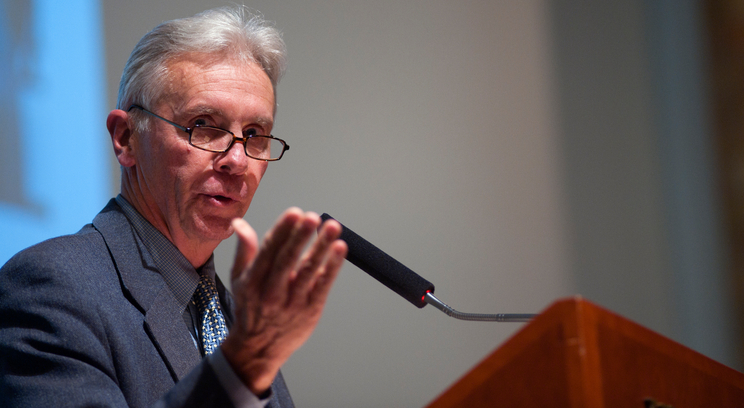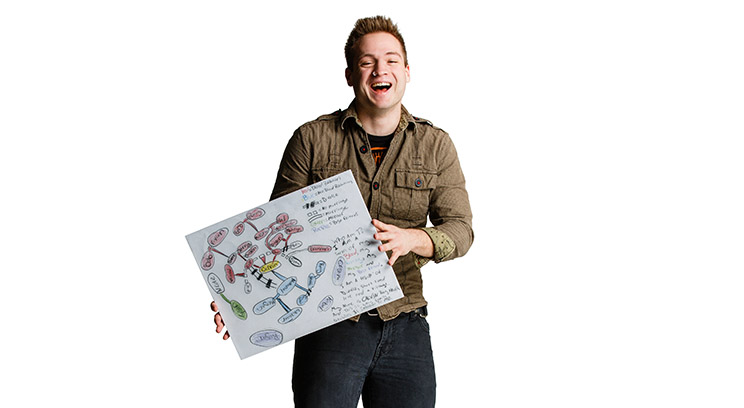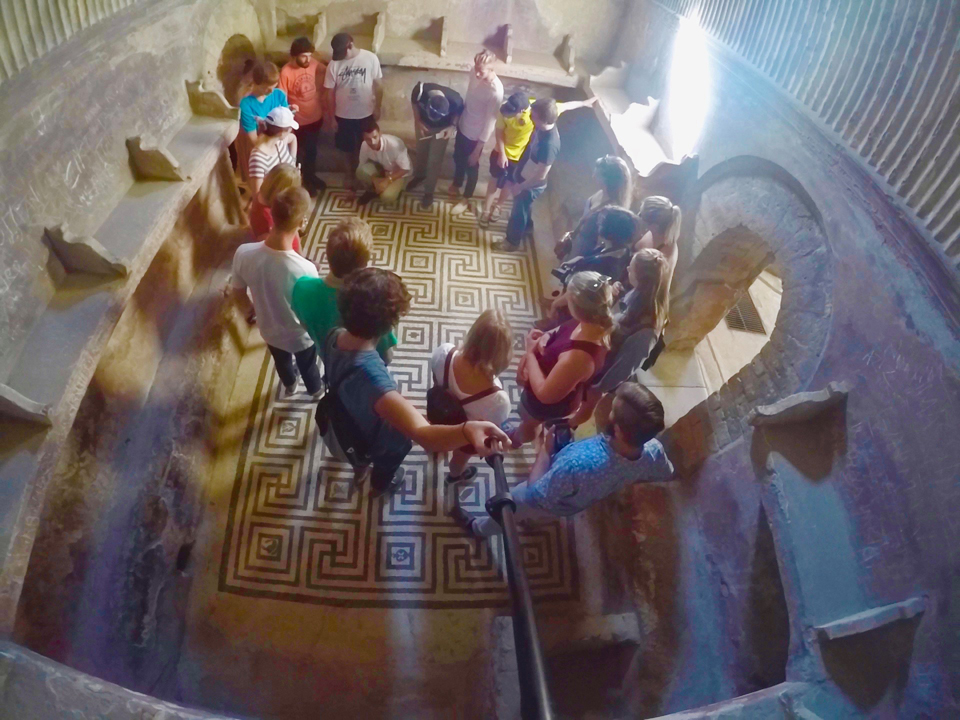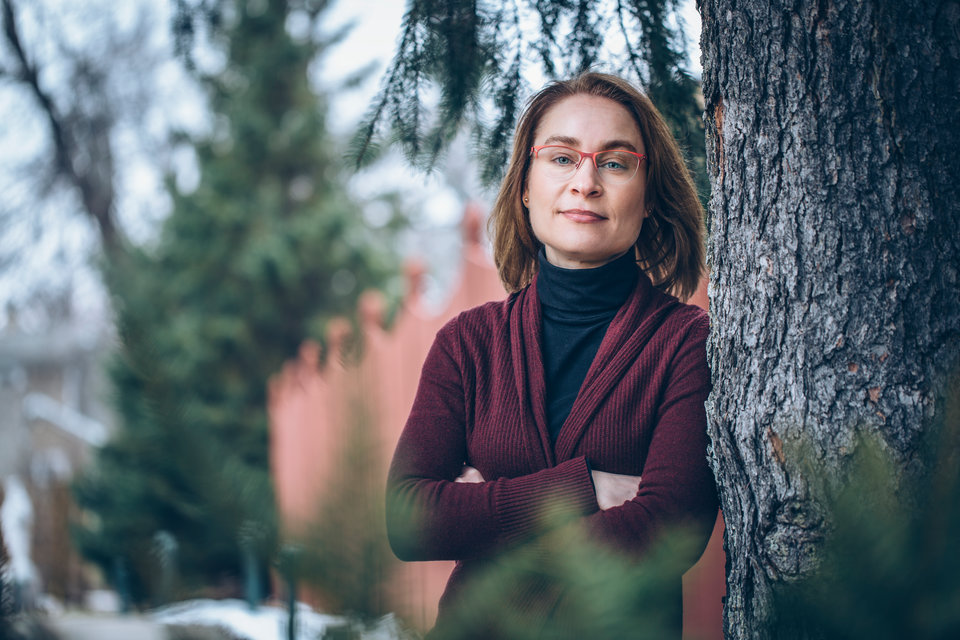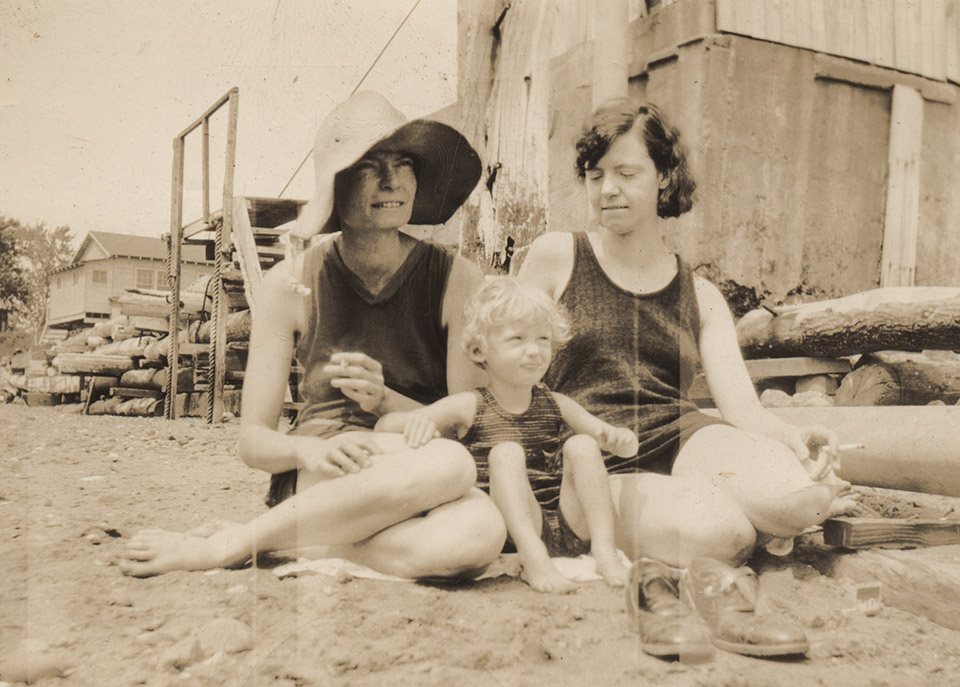When I came to the College of St. Thomas 32 years ago, I was glad to be at a place that had a liberal arts heart and soul, clearly expressed through the core curriculum of the undergraduate college. That’s right, one college for all.
I believed then and believe now that a genuine liberal arts and sciences education should give our lives – and the world in which we live – context and meaning. In doing so, it should help students take responsibility for their lives and for their beliefs, and at the same time stretch their minds, spark their imaginations and occasionally touch their souls. Ultimately, it should enable students to connect the past, the present and the future, or as Vartan Gregorian has put it, enable students “to understand where we were, where we are and where we’re going.”
More than 20 years ago, Ernest Boyer called this “connecting the disconnects.” To bring greater coherence to learning in the arts and sciences, to connect the disconnects, is needed today just as much as it was yesterday. But we need to make certain that we have a 21st-century version of the concept. Henry Adams said that he had received an 18th-century education when the 20th century was fast approaching. Let’s be careful that we’re not giving our students a 20th-century education – despite all the technology available – while we are well into the 21st. To guarantee that 21st-century education requires far more integration of learning and a distinct type of interdisciplinarity.
I made a similar argument when I applied for the dean’s job some 15 years ago, and later in an address to the faculty. Then it was one of several ideas for strengthening and distinguishing our brand of education. Now it’s not just another idea; it’s more of an imperative. It’s wonderful that we have bridge courses in theology, but we need bridges and other forms of integration, including interdisciplinary problem-based learning, throughout the curriculum and disciplines.
In that long-ago talk, I noted that when students in the introductory chemistry course were introduced to principles of chemistry through a learning module on “global warming,” we were presented with an opportunity to consider that topic across disciplines. That issue could have been considered in any number of courses in many of our departments: environmental studies, English, history, sociology, communication and journalism, political science, economics, philosophy, theology, geography, other sciences and so on. Various types of campuswide discussions and presentations could have provided further coherence. I expressed hope that we might consider doing this in the future with any number of current, important topics. It never happened, largely due to my own inability to persuade and generate genuine interest but also due to the continued march into disciplinary silos.
Perhaps now is the time to really “connect the disconnects” and move toward fuller integration. At the very least, it’s time to have that conversation.
Read more from CAS Spotlight.
